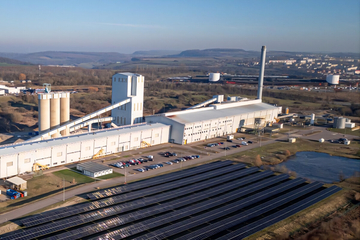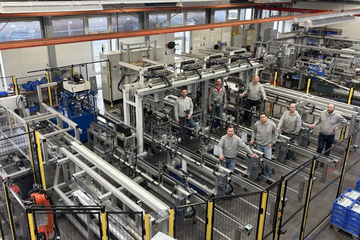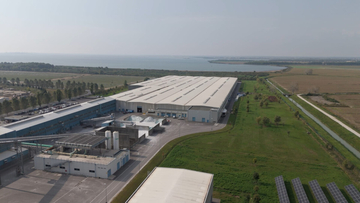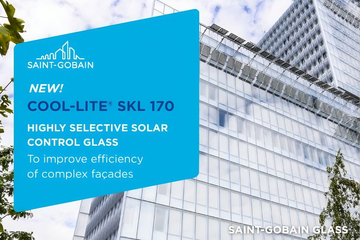MEPs have adopted new rules to improve energy efficiency. Previously, preliminary agreements between the Council and the EU Parliament were submitted to committees for approval. Now the European Parliament has adopted the draft law. It will set energy saving targets for primary and final energy consumption in the EU.
The draft law sets a mandatory 11.7% reduction in energy consumption at the EU level by 2030 compared to the 2020 baseline. To achieve this goal, a monitoring and enforcement mechanism will be introduced. This will ensure that all Member States meet their national contributions to the target.
By 2030, member states must save an average of 1.5% per year. Annual energy savings will start at 1.3% by the end of 2025 and gradually reach 1.9% by the end of 2030.
The savings targets are to be achieved in different sectors, e.g. public sector, buildings, businesses, data centres, etc.
The public sector should reduce its final energy consumption by 1.9% annually.
Member States must also ensure that at least 3% of public buildings are renovated annually into near-zero energy or zero-emission buildings.
The law now also needs to be approved by the Council of Ministers before it comes into force.
Reference
Primary energy production is any extraction of energy from natural sources. The production of electricity or heat at thermal power plants that burn primary energy sources is not primary production.
Final energy consumption is the total amount of energy consumed by final consumers, such as households, industry and agriculture. It does not include energy used by the energy sector itself.

Illustrative photo: Dan Gold (c) Unsplash
EU plans to increase energy savings by 11.7% by 2030
ID no: 22791
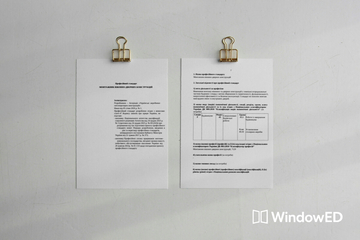
Feb 5, 2026

Feb 3, 2026

Today 18:54

Today 18:23

Today 16:44
